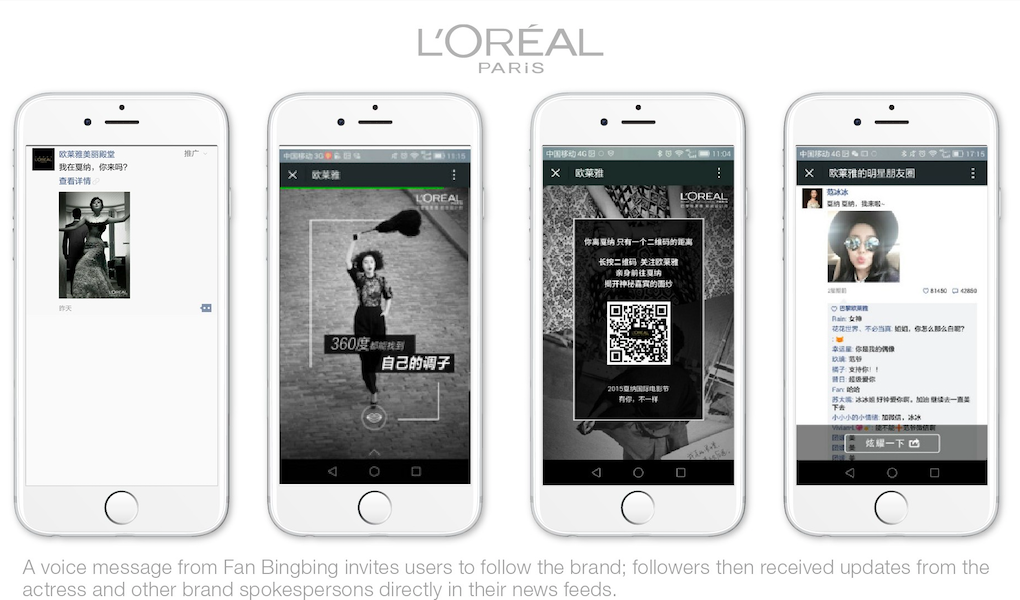Everything you need to know about WeChat advertising for luxury brands in China… your options, prices, solutions, and estimated results. Six years ago, a Dior-sponsored brand ad appeared on WeChat Moments, becoming the first luxury brand promotion to enter the platform. More than half a decade later, WeChat has completely redefined the marketing of luxury brands in the Chinese market.
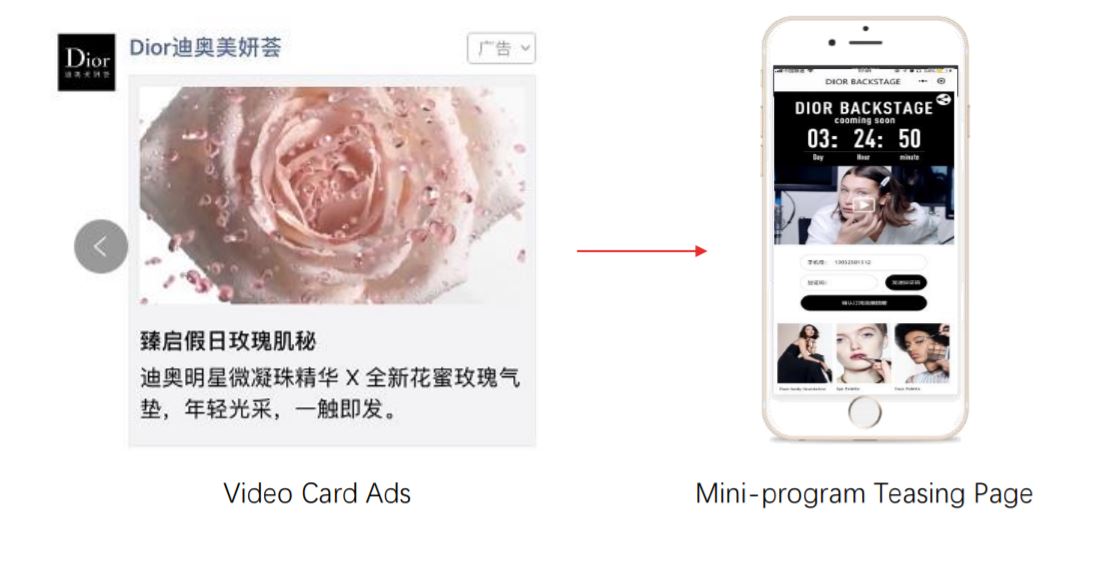
With a mission to tell brand stories both socially and digitally, WeChat has quickly been adopted by many international brands as a point of entry into the Chinese fashion community. Recently, WeChat and its developer, Tencent, released a report that recaps its luxury advertising business for 2019, titled Solution for Luxury Brands Advertising on WeChat. According to this report, more and more luxury brands have injected money into their WeChat marketing campaigns over the past five years.
If you want to know more, stay connected:
- The beginnings of advertising for luxury brands with WeChat
- Live streaming functionality: transform the online showroom into sales
- Mini-Program: drive traffic to offline events
- Moments Ads: an engine for promoting celebrities & KOLs
- Video Marketing: Penetrate the short video content market
Read as well: The Ultimate Guide to Wechat Marketing
The Begining of Advertising for Luxury Brands with WeChat
It started with simple ads on WeChat Moments, but brands like Prada and Dior quickly created experiences where users could transact without having to leave the platform. WeChat started out as a showcase for branded promotional ads but has quickly grown into an important bridge between luxury brands and consumers. By the end of 2019, more than 90% of luxury brands in China had implemented WeChat mini-programs.
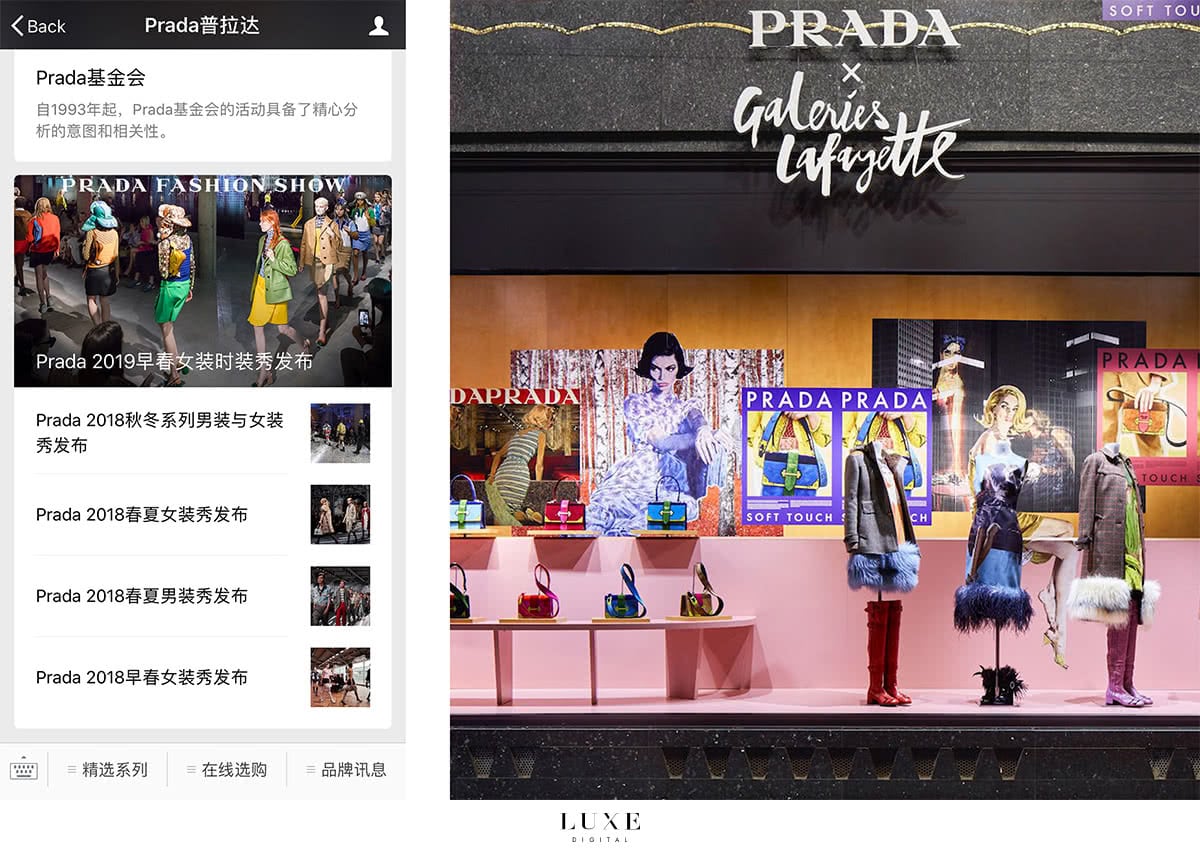
WeChat had gradually grown into a platform for online sales, branding services, and VIP customer management, which is not surprising given its huge user base. In 2019, luxury brands invested 80% more in performance-based advertising on WeChat, hoping to increase their follower base and then redirect that traffic to their official websites or e-commerce platforms.
Livestreaming Functionality: Turning the Online Showroom into Sales
After WeChat updated its technical support, luxury brands are now making more comprehensive affiliate marketing plans as they want to turn WeChat’s vast online traffic into more profit. According to the report, live streams from top brands’ catwalks during Fashion Week have become popular in recent years.
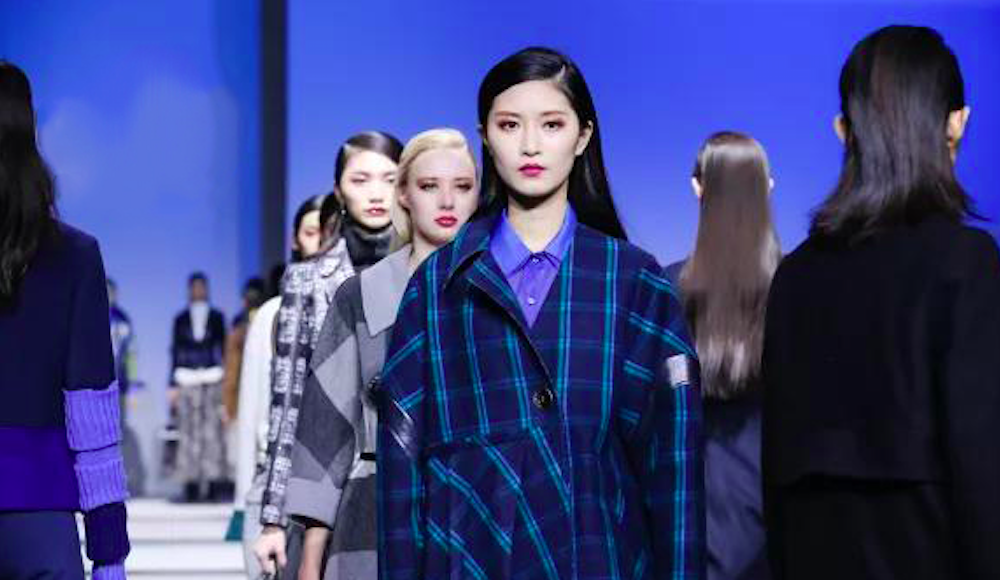
Finally, a feature called “Online Showroom” was integrated into a mini-program, generating a lot of buzz online with influential people in the fashion world and the general public. The online showroom quickly became a hot topic, and brands created a sense of involvement by inviting internet users to virtually sit in the front row of their catwalks.
Mini-Program: Generate Traffic to Offline Events
Over the past year, offline exhibitions have become a new way for luxury brands to connect with the public, and they have often been a hot topic on social media. Inviting netizens and brand fans to offline events is a smart and popular marketing strategy. Online fans become potential customers after hearing a brand’s story. This leads to an online buzz as fans are often influencers within their social circle. Netizens love the recognition of being invited to offline events by luxury brands.

According to the report, at least 10 luxury brands promoted their exhibits offline through WeChat last year. Thanks to their design, mini-programs offer several uses and functions. They can act as interactive spaces where a brand communicates with its fans. But a mini-program can also showcase new products in the form of an online store. According to WeChat, mini-programs act as open spaces where the only limit is the imagination of a marketing team.
Ads Moments: an Engine to Promote Celebrities
Luxury brands invest in celebrities because of their ability to sell, especially in the Chinese market, where consumers trust the voices of KOLs and idols. But according to the report, celebrities have benefited as well, thanks to the recognition these high-end brand collaborations have offered. How does WeChat facilitate these partnerships? Moments Ads is the best engine.
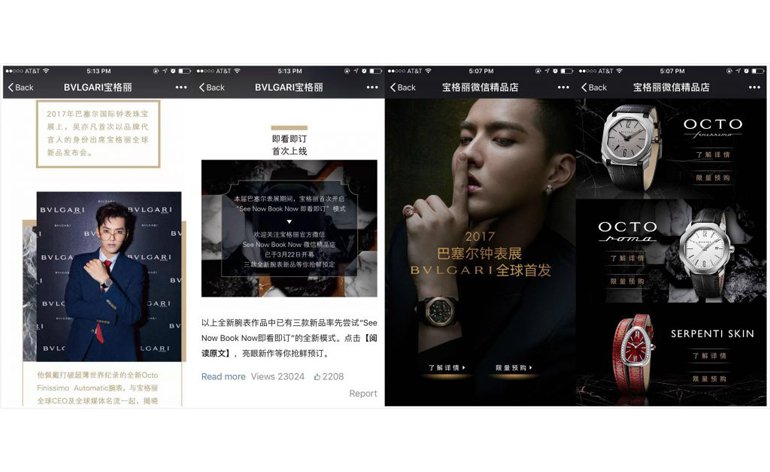
One obvious advantage is the way a celebrity profile relates to a company’s marketing campaign; another is how brands can integrate personal messages into Moments Ads updates, making the user feel like friends with the star on WeChat. These strategies help introduce the brand to a star’s fans and, hopefully, turn that traffic into sales.
Entering the Short Video Content Market
WeChat Channel is a new feature that allows users to explore videos from media WeChat accounts, celebrities, and influencers. While this new feature is still in its infancy (for internal use only so far), luxury brands like Louis Vuitton, Prada, and Fendi have already taken the first step by opening official accounts.
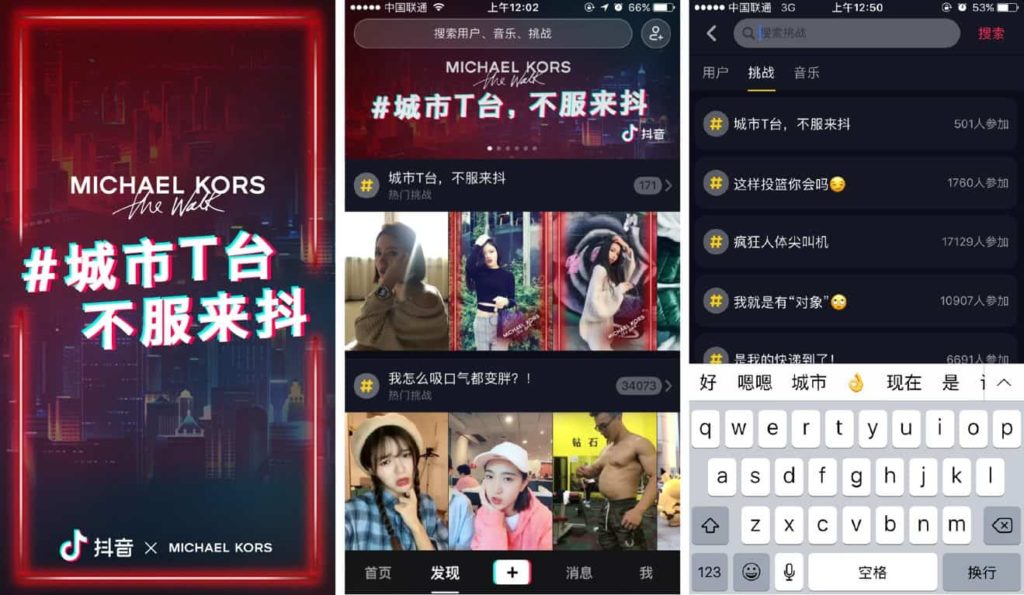
With WeChat Channel, the public can view content posted by users who are not yet their contacts and transmit or share that content. WeChat sees this new space as a place where brands can promote their values and craftsmanship to a much wider audience.
In Conclusion
In the report, WeChat takes stock of the business successes of the past five years while predicting the platform’s future possibilities. These opportunities include entering the short video industry and expanding its advertising functions for mini-programs. With over 1.1 billion monthly active users, every decision WeChat makes has an impact on the entire Chinese digital media landscape.
The user base is never an issue for WeChat, but it should always strive to retain its advantages and help its brands find new ways to profit. But can WeChat compete with Little Red Book and KuaiShou in the short video market? These are the questions WeChat must answer if it wants luxury brands to remain present for the next decade.
Read more about WeChat and luxury in China:

